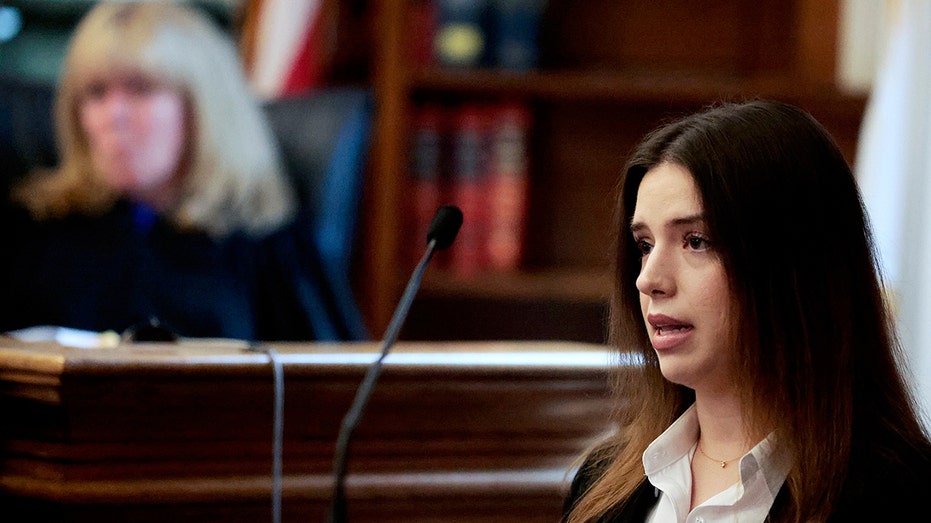Kelly Dever Denies Encountering Key Figures Near Karen Read’s Vehicle in Controversial Testimony: Expert Analysis
Boston police officer's testimony in Karen Read trial sparks allegations of coercion amid efforts to discredit investigation into John O'Keefe's death.

A Boston police officer took the stand Monday as a hostile witness in the ongoing Karen Read murder trial, providing dramatic and at times contentious testimony that added another layer of complexity to the already high-profile case. Kelly Dever, who was on duty for the Canton Police Department the morning John O'Keefe’s body was discovered under a pile of snow, faced pointed questions from both the defense and prosecution — and accused Read's legal team of trying to pressure her into perjury.
During tense exchanges, Dever told the court she had previously informed federal investigators that she saw two prominent individuals — ATF Agent Brian Higgins, known to have a close relationship with Read, and then-Canton Police Chief Kenneth Berkowitz — standing near Read's SUV at police headquarters for what she described as "a wildly long time." This alleged encounter would have taken place before key physical evidence, including taillight fragments linked to Read’s vehicle, was found at the crime scene.
However, Dever testified that she retracted her earlier statement after FBI agents showed her a timeline confirming she had left work before Read’s SUV arrived. On the stand, she stated emphatically, “You threatened to charge me with perjury during our phone call prior to the first trial if I didn’t lie on the stand right now,” directing her remarks at defense attorney Alan Jackson. Dever insisted, “I did not see anything. Factually, I’ve been provided evidence by a timeline that it is not correct.”
Outside the courthouse, Karen Read refuted Dever’s accusation, stating that her team simply wanted Dever’s testimony to be as honest in court as it was in prior discussions with authorities. “And today,” Read observed, “she’s now telling us that was a lie.” Read further questioned Dever’s credibility, describing her as “a compromised person.”
In the courtroom, Dever appeared visibly frustrated, at one point admonishing Jackson for mispronouncing her name and saying, “Like you can’t remember my name, I don’t remember.” The display highlighted the high tensions surrounding the case and underscored the defense’s strategy, which seeks to introduce reasonable doubt regarding the thoroughness and impartiality of the original investigation. The defense maintains that Read did not strike O’Keefe with her SUV, suggesting instead that someone or something else was responsible for his fatal injuries, and has previously alleged police misconduct and a cover-up.
Monday’s proceedings drew sharp commentary from legal analysts. One criminal defense lawyer noted that Dever’s testimony might inadvertently bolster the defense’s theory that “sketchy cops are lying to help the prosecution,” despite the risks associated with calling her as a witness. By recanting her initial claims and displaying open hostility on the stand, Dever’s demeanor may have swayed some jurors in favor of the defense’s narrative.
Not all observers agreed, however. A retired Massachusetts judge described Dever as “a profile in courage,” suggesting that her willingness to admit error — even if it damaged the defense’s argument — shows integrity. Still, Dever has encountered backlash beyond the courtroom, with social media groups calling for her dismissal amid the heated public response.
As the trial continues, the critical question remains for jurors: was Dever truthful when she first spoke to federal investigators, or did she provide the most accurate account on the witness stand? The outcome could play a decisive role in whether Karen Read is found guilty or acquitted of the charges related to John O’Keefe’s death.




